That occasional pimple that bothers you can be concealed using cover-up creams and concealer, but for acne, you need a permanent solution. Breakouts may happen due to various reasons like skin type, climate, hormonal change, etc. It becomes tough to decide what to do when they arrive. There could be more than one contributing factor when it comes to acne, like oil and clogged pores, dirt, etc.
First of all, you need to understand that every product or remedy won’t suit you because everyone has a different skin type, and one must act according to it. If you go to find the best acne treatment, there are millions of products out there, from acne masks to DIY remedies, to store-brought antibiotics and spot treatments. All these could be so overwhelming that you may confuse what would be the best option for you.
We all had acne when we were young, and back then, we used to think they will go away soon after high school, but adult acne is a reality, and that is too painful. In this article, you would know what causes acne in the first place and how you can treat it using home remedies and acne treatments and medications.
Contents
So What Causes Acne?
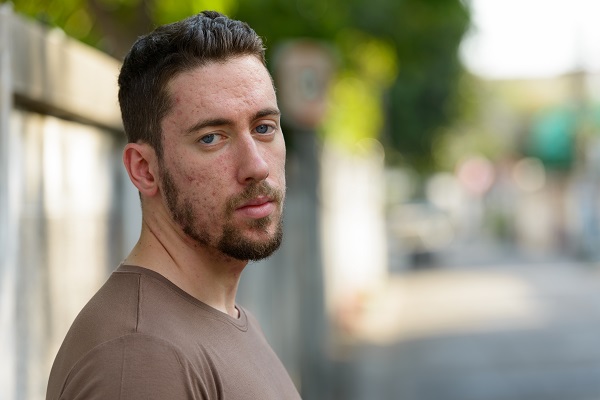
Your skin pores often get clogged by oil, dead skin cells, bacteria, and dirt. When this occurs, you may get a pimple or zit, but if your skin is repeatedly affected by these factors, acne develops. Although this is not a life-threatening situation, it could be painful when worsening up. Also, some people develop emotional stress due to it. Acne is found all over the body, but it is commonly found on the face, neck, shoulders, and back. Some other reasons may contribute to acne:
-
- Hormonal changes during puberty or pregnancy;
- An unbalanced diet high in sugars or carbohydrates;
- Specific medication such as oral contraceptives or corticosteroids;
- Having parents who had severe acne.
Every patient responds to treatments differently, so there is no one size fits all kind of treatment. Here are some acne treatments for mild, occasional, and moderate acne.
The 10 Best Acne Treatment: Home-Made and Store-Bought
- Apple Cider Vinegar – It is known for its ability to fight viruses and bacteria. It has several organic acids known to kill acne. Also, succinic acid present in it prevents scars. Most importantly, apple cider vinegar helps you to dry out excess oil, which causes acne in the first place.
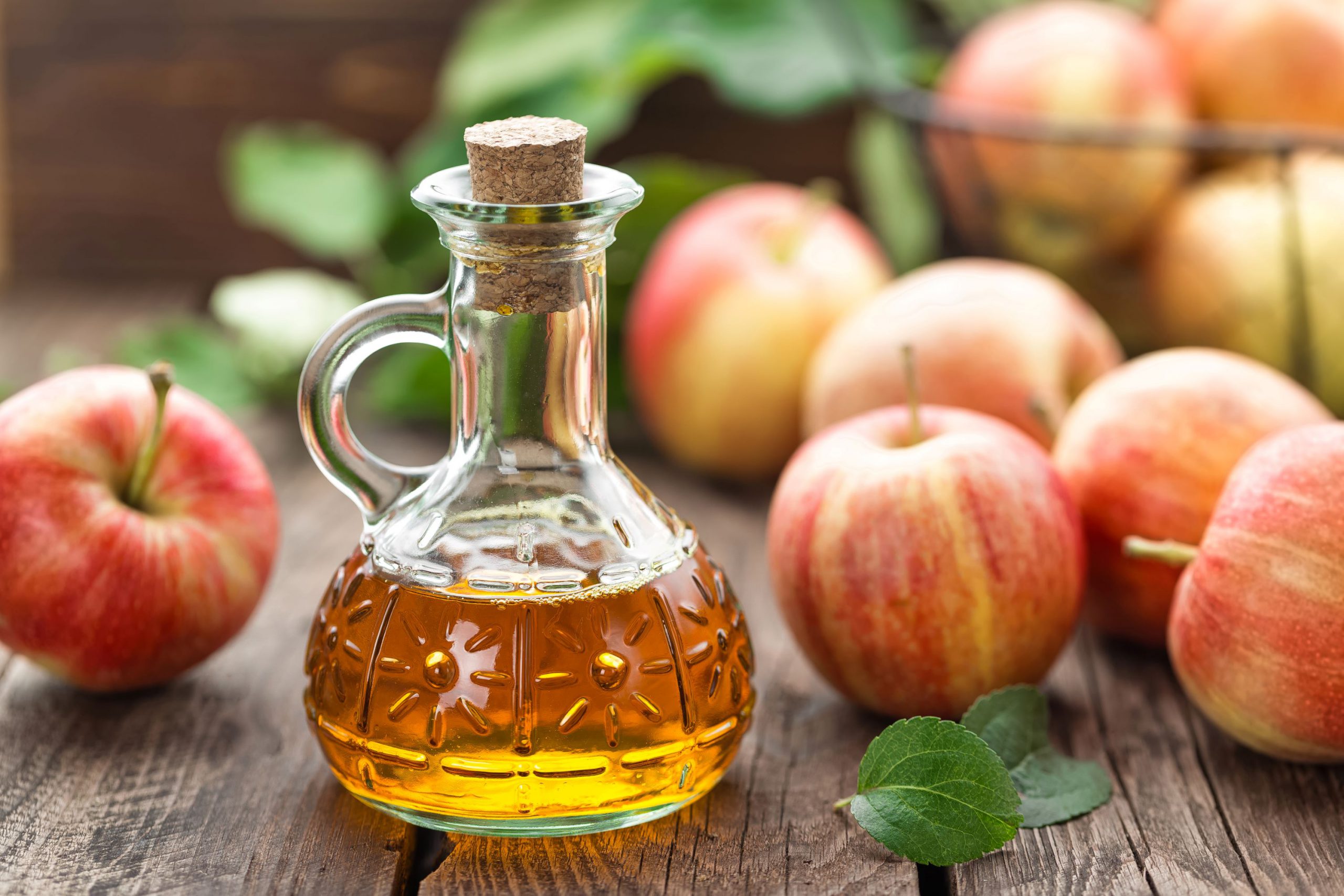
How to use
-
- Add 1 part of apple cider vinegar with three parts of water (more water for sensitive skin)
- After you wash your face, apply the mixture with the help of a cotton ball.
- Let it sit for 10-20 seconds and rinse it off with water.
- 4. Pat dry.
- 5. Repeat this process daily.
Apple cider may cause irritation or burning sensation, do not use it in excess quantity and without diluting in water.
- Green Tea – Green tea is rich in antioxidants, and it promotes good health. There are no proven results regarding drinking green tea and acne but, applying it directly on the skin could be of some help. It happens because the flavonoids in green tea are known to fight bacteria, causing acne. You can buy creams and lotions with green tea, and you can also make your DIY mixture.
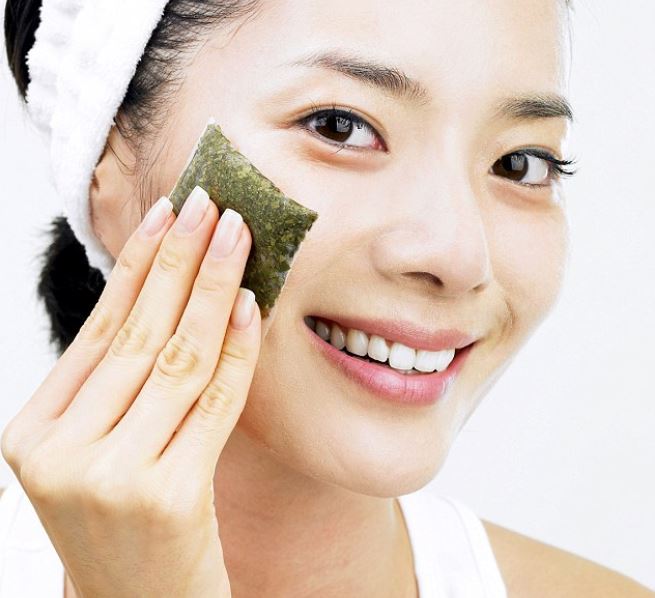
How to use
-
- Boil green tea in water for 3-4 minutes.
- Let the mixture cool.
- Apply the mixture on your skin, or spray it on.
- After a few minutes, rinse with water.
Salicylic acid the skin; it helps to control abnormal shedding of the cells. It helps to unclog pores, which prevents lesions. Remember, salicylic acid is to be used regularly because it’s effect lasts till you use it. You can buy lotions, creams, and pads having salicylic acid. You can use salicylic acid-based face wash, but it would be advisable to use it as a toner as it has direct contact with the area, and it has more time to work on Acne affected area.
- Benzoyl Peroxide
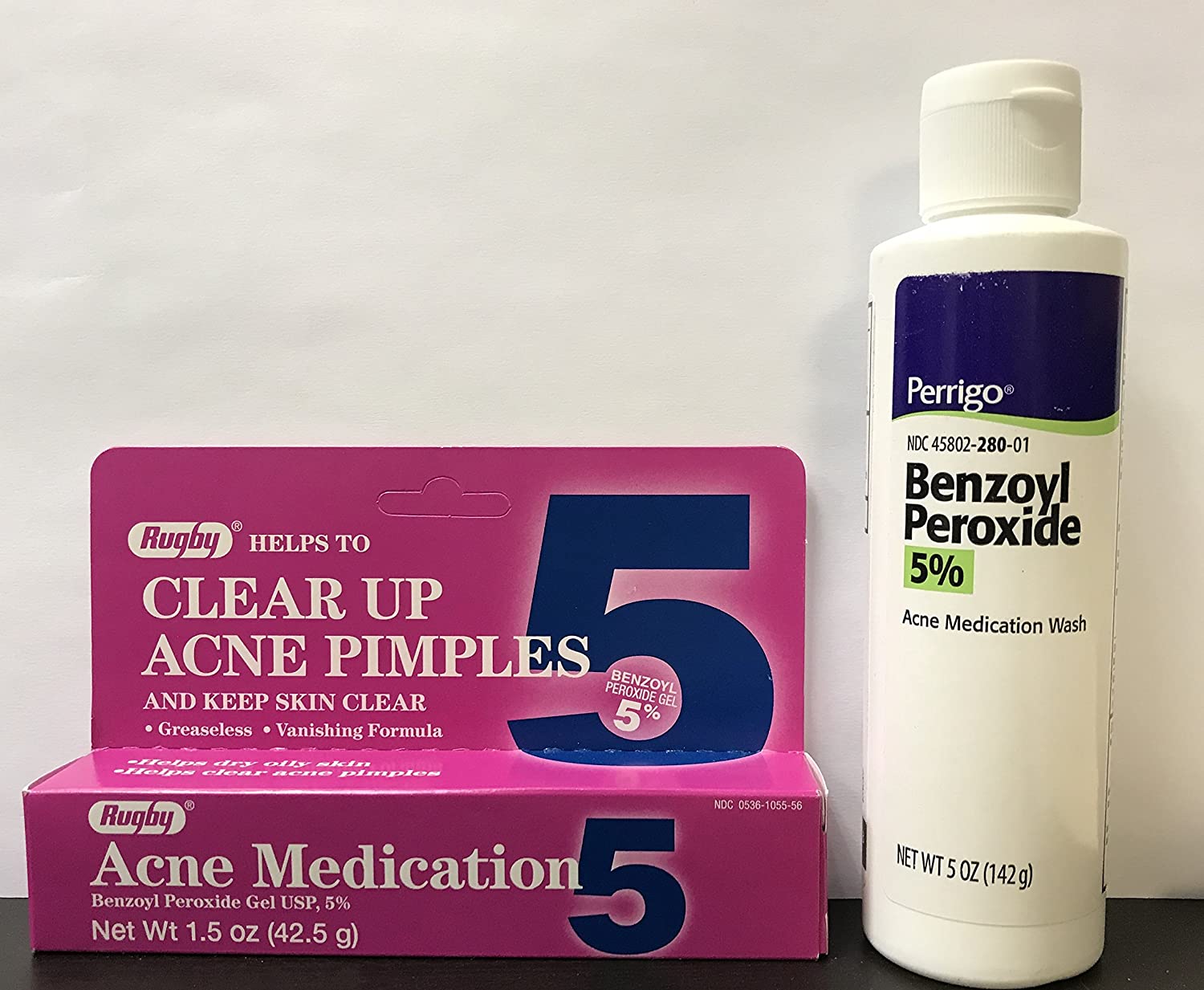
For acne, you can also try benzoyl peroxide. This compound kills bacteria that cause acne. It usually takes about a month to work, and it should be used continuously, or else it won’t work. Like other products, it does not affect sebum production or the way skin follicles are shed. So, after you stop using it, acne comes back. It is available in many forms like lotion, cream, gel, cleansing pads, etc. Remember, benzoyl peroxide can cause dry skin, and also it bleaches the clothes. Prefer wearing old clothes when you apply it on your back or shoulder.
- Antibiotics
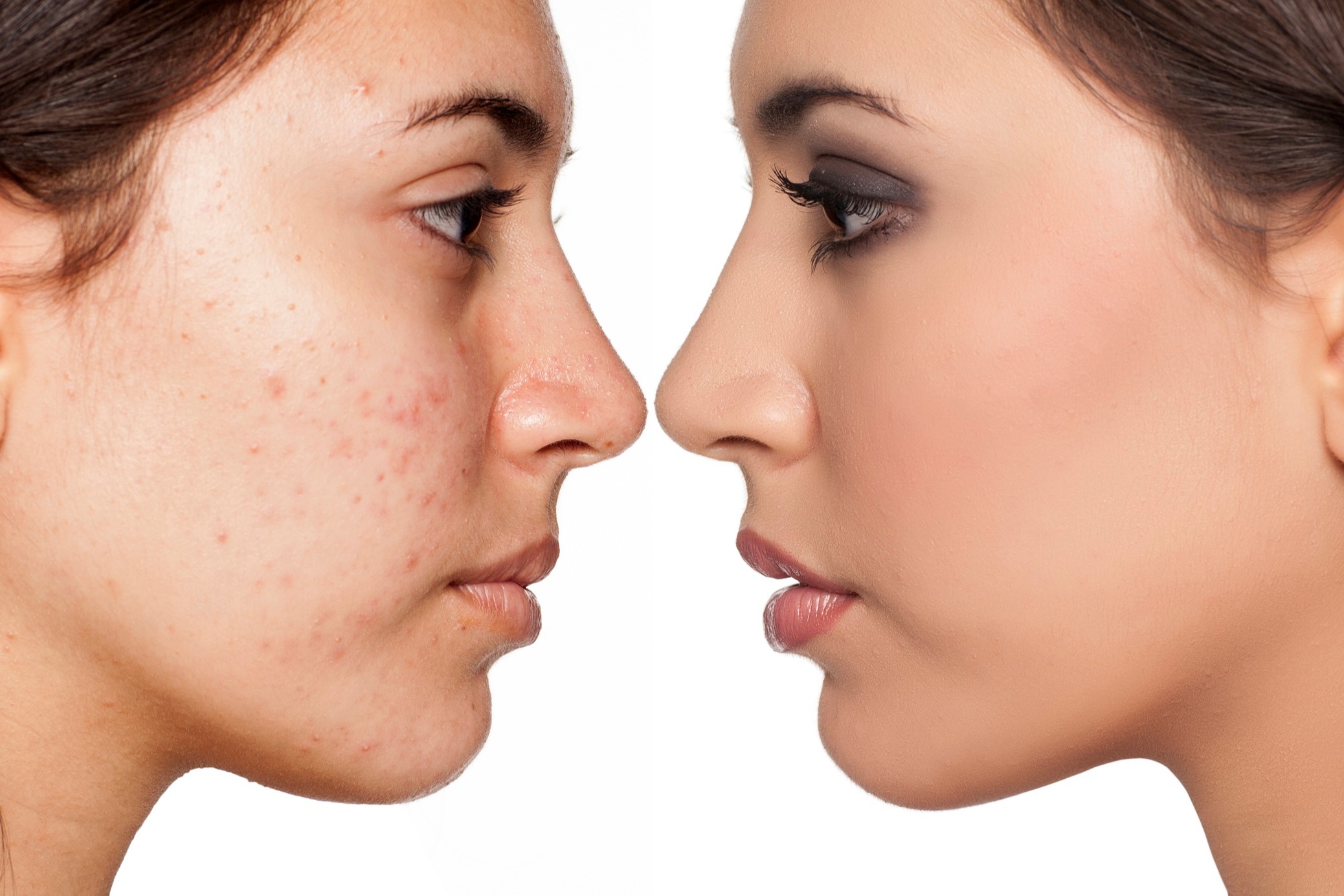
Antibiotics may be used directly on the skin or taken orally. Antibiotics work by clearing the skin and reducing inflammation. There are many products available that you can directly apply on the surface like solutions, foam, gel, cream, and pads. However, their reach is limited as they cannot penetrate deep in the skin. If you take oral antibiotics, it will circulate throughout the body and into sebaceous glands. However, these should be taken in severe acne only.
- Honey and Cinamon Mask
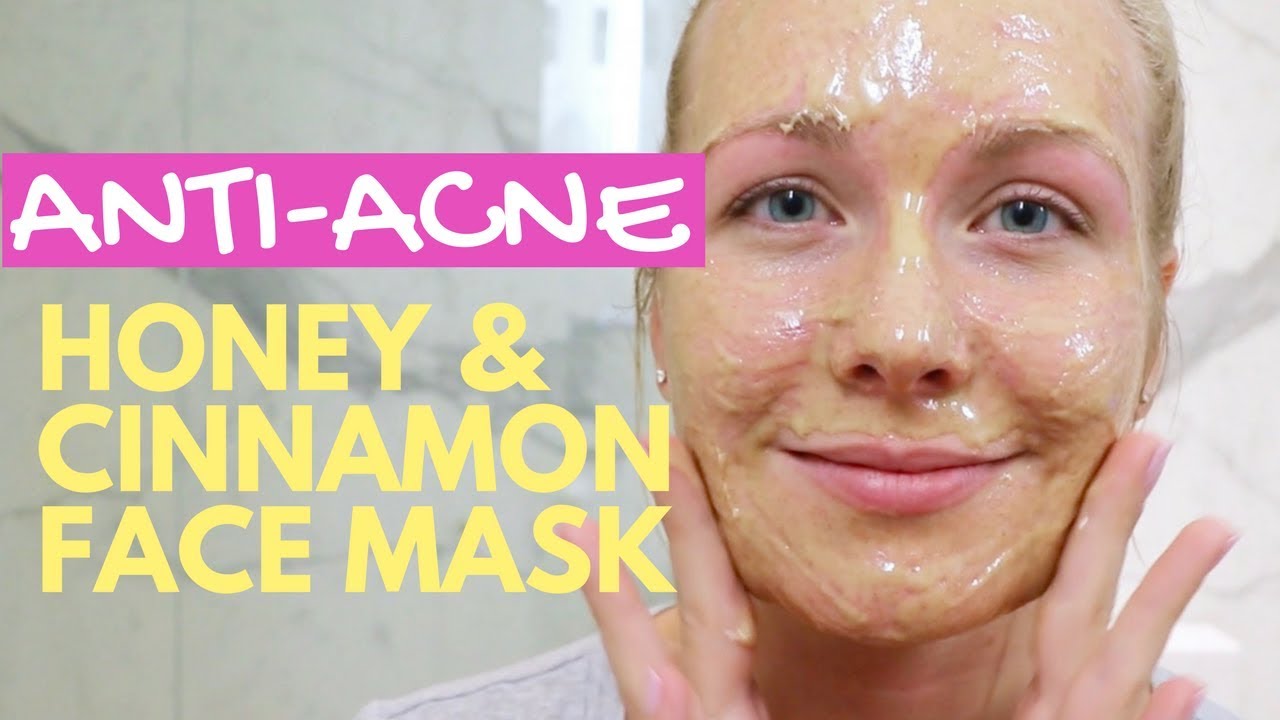
Studies have shown that applying antioxidants directly on the skin may reduce acne. Honey and cinnamon are both rich in antioxidants. Also, they both have anti-bacterial properties. Both these active ingredients can reduce inflammation that triggers acne.
How to use
- Make a paste by mixing one tablespoon honey and half teaspoon cinnamon powder.
- After you clean your face, apply the mask and leave for 10 mins.
- Rinse the mask with water and pat dry your face.
- Spot Treatment with Tea Tree Oil
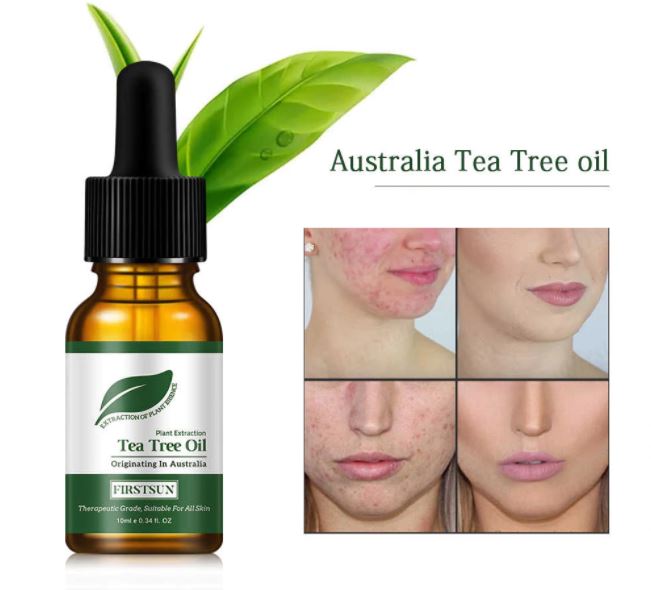
Tea tree oil is extracted from Melaleuca alternifolia, a tree native to Australia. It fights bacteria that cause acne and reduces skin inflammation. It also has few side effects like itching, burning, irritation. Remember, tea tree oil is powerful, so always dilute it before applying on the skin.
How to use
-
- Dilute one part of tea tree oil in eight parts of water.
- Apply it to the surface with the help of cotton swabs.
- Moisturize your skin if needed.
- Repeat this daily or as required.
- Witch Hazel in Rose Water and Clay Mask
Witch hazel is a botanical extract that may remove excess oil from the skin. It is anti-bacterial, and due to its anti-inflammatory properties, it used for acne-prone skin.
Prepare a face mask for acne, mix a few drops of witch hazel to rose water and use it to hydrate your clay mask.
- Oral Contraceptives

These pills contain female hormones that work by advertising the male hormone (testosterone) on acne. It can benefit the affected area in two to four months. There may be few side effects like weight gain, nausea, blood clot, breast tenderness. Never take any of the medication without consulting a dermatologist or a Doctor.
- Moisturize with Aloe Vera
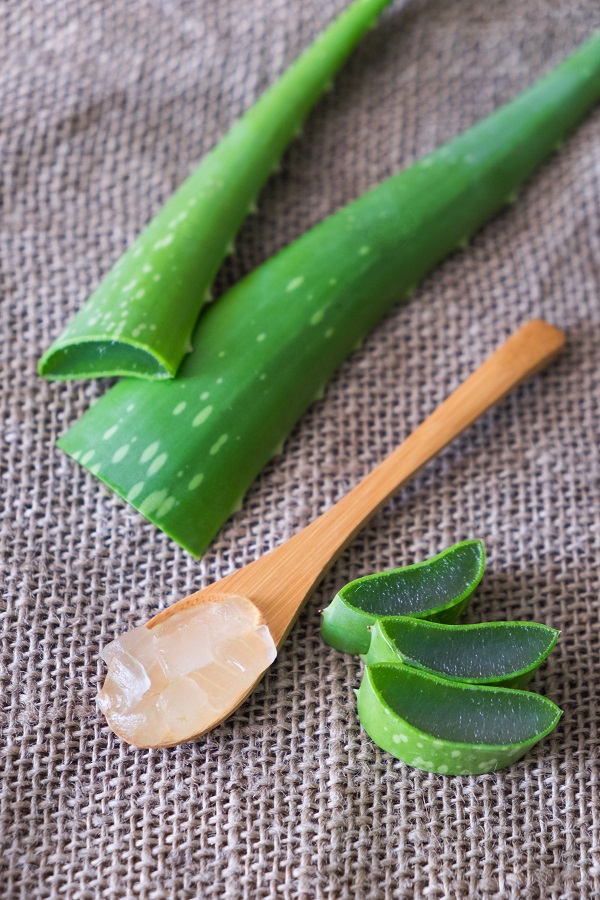
Aloe vera has excellent benefits; it is often used in creams, lotions, soaps, gel, sheet masks, etc. Aloe vera also heals wounds, reduces inflammation, and treat burns. It also has salicylic acid and sulfur.
How to use
-
-
- Using a spatula scrape the gel from the plant, or you can also use aloe vera gel available in the market.
- Apply the gel directly on the skin and leave it like a moisturizer. You can add rose water to it.
- Repeat this two times a day.
-
Apart from these remedies, diet and workout may also affect the acne problem. For this you can;
Follow a diet low on Glycemic Index –

We have always debated the relation between food and acne. Some research shows that factors like glycemic index and insulin are associated with acne. If you eat food rich in the glycemic index, it will spike the insulin in the body increasing sebum production. Due to this factor, food high on the glycemic index has a direct effect on acne. You can add fruits, whole grains, cereals, and vegetables to keep acne at bay.
Exercise Daily –

Exercise induces blood flow. This increase in blood circulation helps nourishes the skin cell. Also, exercise helps reduce anxiety and stress that are considered factors contributing to the worsening of acne. You can run, walk, or lift weights.
Acne is a common problem nowadays, and many factors contribute to it. It is noteworthy that there are many acne types according to the types of skin, and there’s no universal solution for all. Some of these remedies might work for you, and some may not, and they are definitely worth giving a try. We hope this article helped you find a solution; however, we advise you to consult a dermatologist in case of severe acne.


